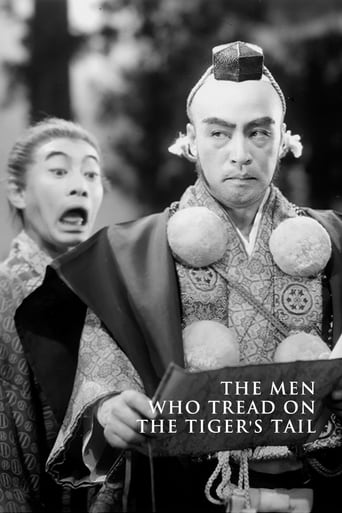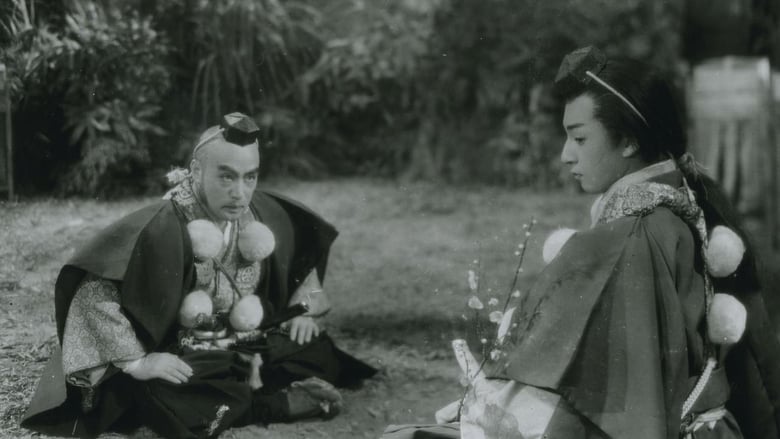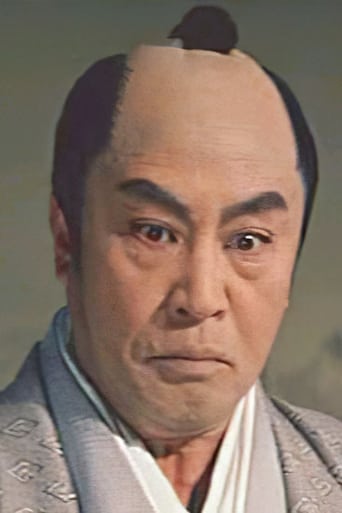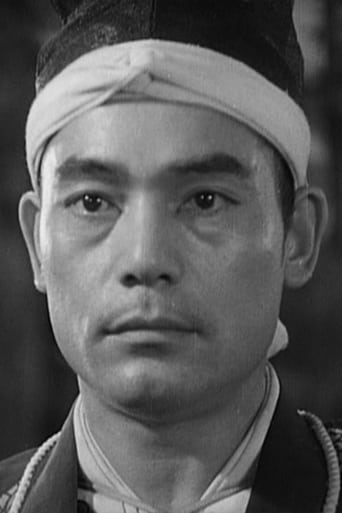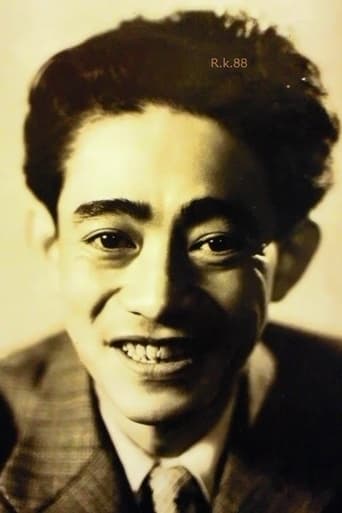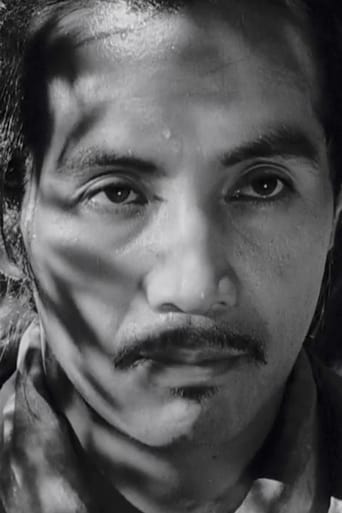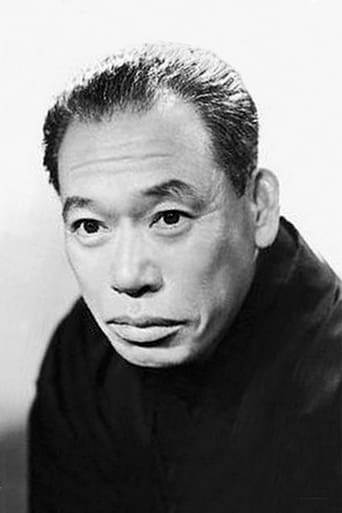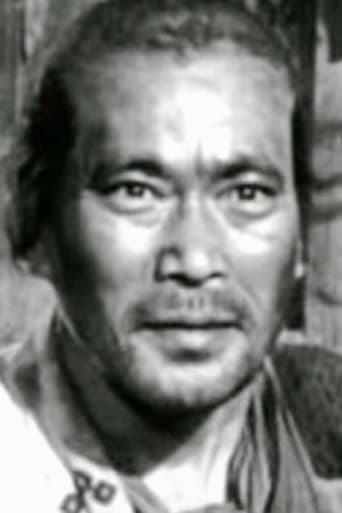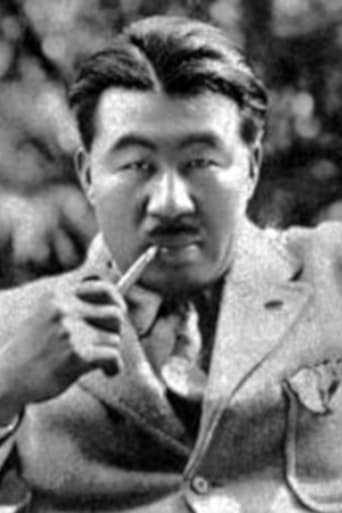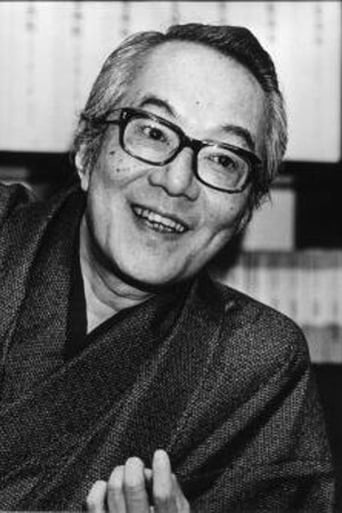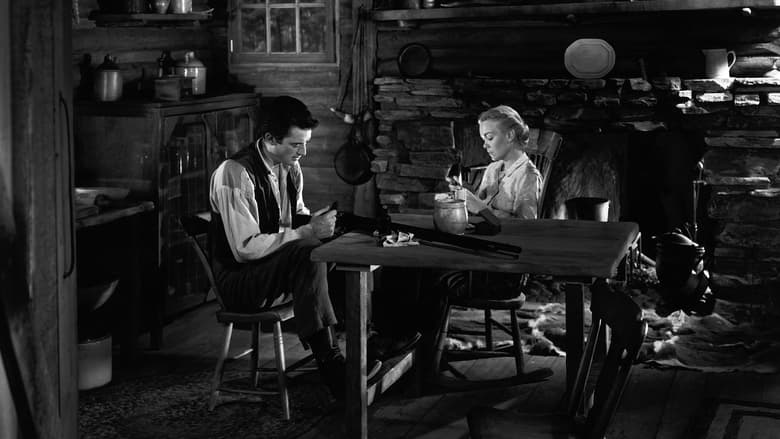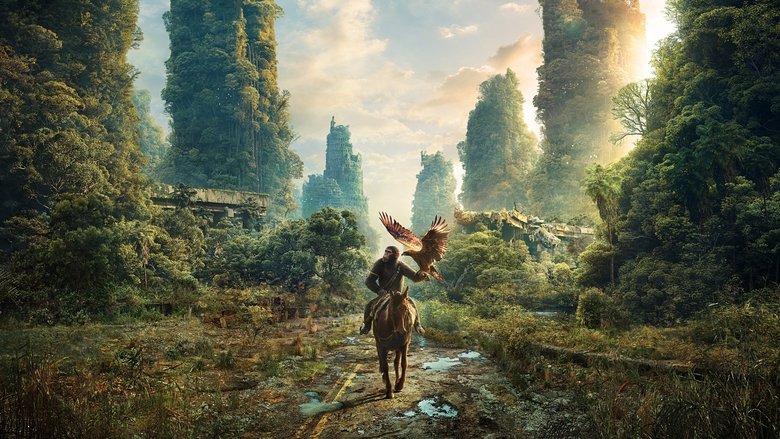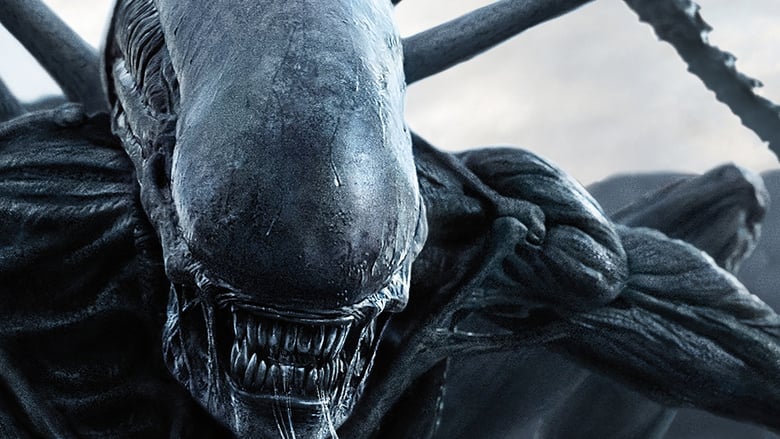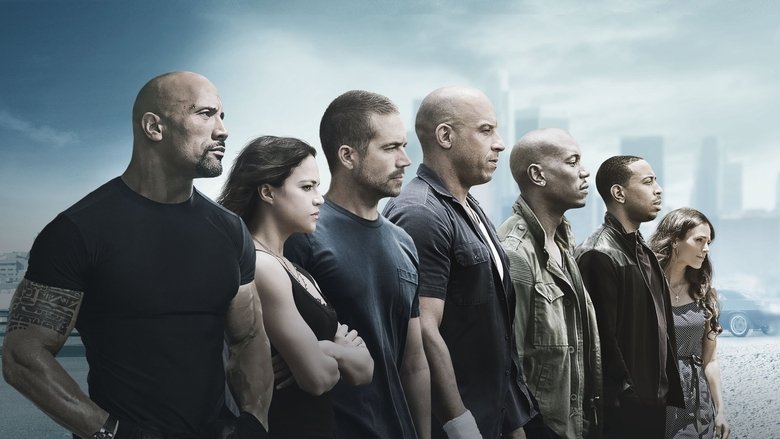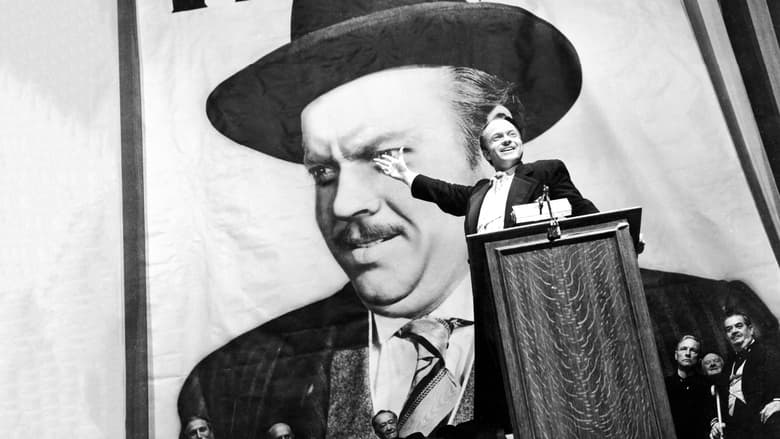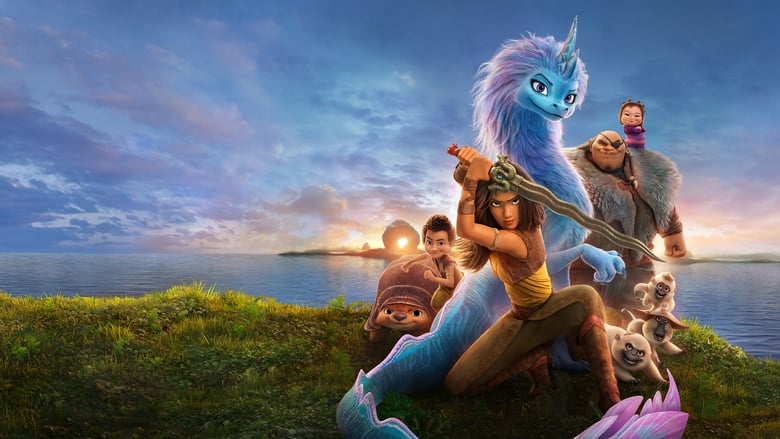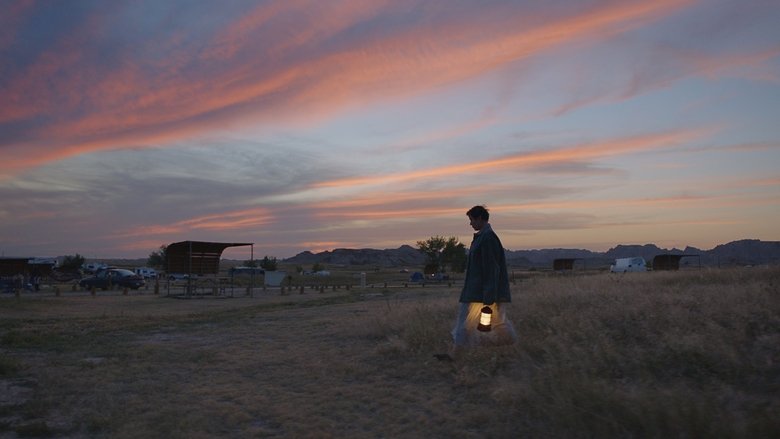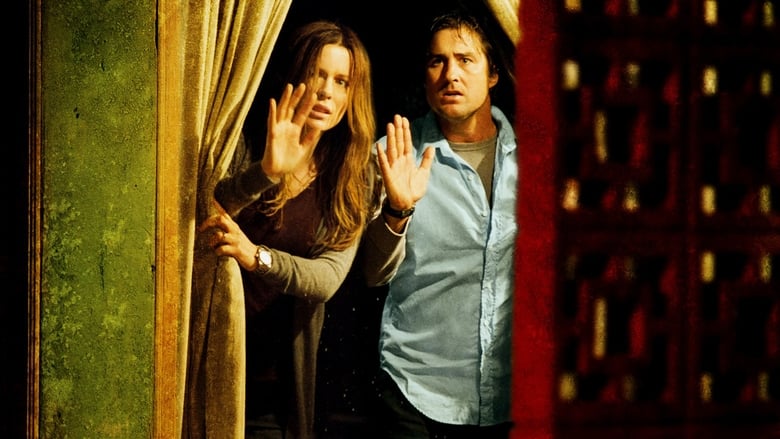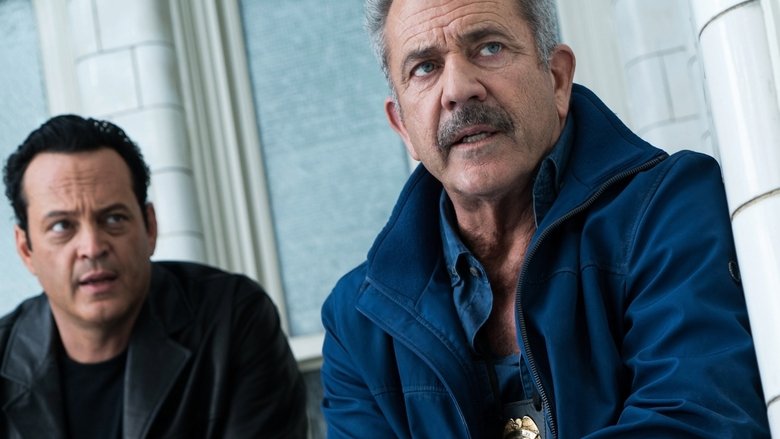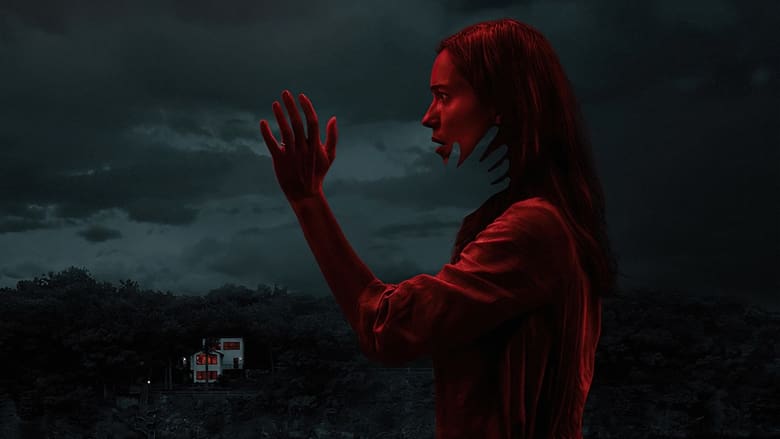Yoshitsune Minamoto, disguised with his retinue as monks, must make do with a comical porter as their guide through hostile territory en route to safety.


Similar titles
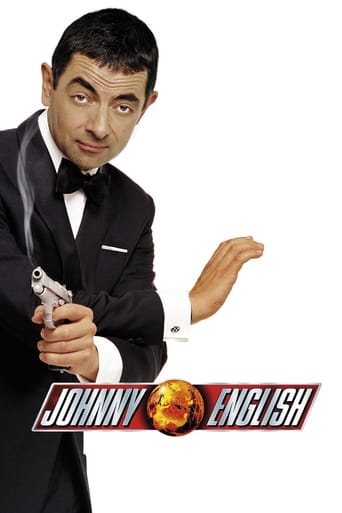
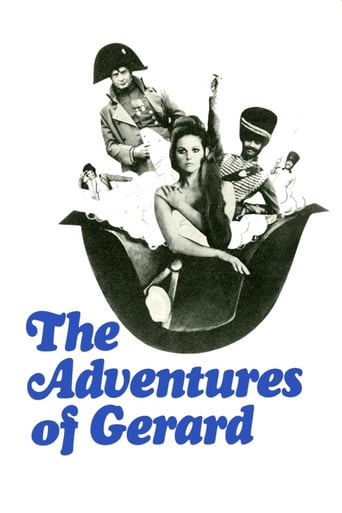
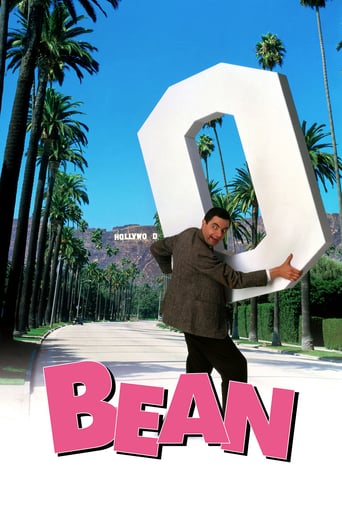
Reviews
This film is a thrilling, stylized tale of courage, loyalty, and the human comedy. It's not necessary to reveal details of the plot other than to say it involves a band of loyal retainers escorting their master to safety after a coup, with a lot of quick-witted verbal ju-jitsu. It's every bit as satisfying on the third viewing as the first. The writing is both profound and funny. Among its many delights are the very Japanese, sing-song style of speech by Denjirô Ôkôchi as "Benkei," and the comic relief of Kenichi Enomoto, the porter. It's also an early version of the "Seven Samurai" conceit of the samurais and the buffoon who wins them over. Interestingly (for academic reasons), Kurosawa and Shintaro Katsu teamed up in 1970 to make "Zatoichi Meets Yojimbo." I haven't seen it yet but the Zatoichi films, while enjoyable, are nowhere near as artful or provocative as Yojimbo or anything by Kurosawa. With Zatoichi, see one, you've seen 'em all. I highly recommend this beautiful and satisfying masterpiece of serious filmmaking.
THE MEN WHO TREAD ON THE TIGER'S TAIL is an excellent example of why I consider Akira Kurosawa the greatest filmmaker of the 20th century: he was able to take a tale that in the hands of a lesser filmmaker would've been little more than a series of swordfights and transform it into a riveting drama. The interplay between the characters (from the early exchanges between the "monks" and the porter to the life-and-death wordplay between the "priest" and the border guard) are fraught with tension and suspense and Kurosawa manages to ratchet it up to an almost unbelievable degree. The unbroken stares- the understandings that become quite clear between the characters throughout this movie (but which are never blatantly blurted outright)- are the kinds of deft touches that one comes to expect from Kurosawa. The final scene in and of itself warrants comment: how many filmmakers would DARE make a samurai period piece without a single swordfight?
The movie is seemingly based on an event from Japan's past, but it is really Kurosawa's allegory on Japan's condition at the end of World War Two. A prince, estranged from his brother, and six of his loyal retainers wander through the forest. They all look disheveled and hard up. They must cross a barrier manned by officials who are not exactly friendly to them, before they can move on to improving their life. The prince is disguised as a lowly porter and we rarely see his face. his retainers are warriors but are now forced to don monk's robes and indeed in passing through the barrier manned by the unfriendly forces (read American's) the lead monk must read a treatise in which peace is extolled as the reason for their existence. basically, the monks are Japanese elite, the porter is the Japanese public, the prince is the emperor, the barrier officials are the Americans, whose leader is wise and although he knows the truth allows the monks to live. They are many truths within truths here. Indeed, in the end the adviser to the emperor says, "we must move on (read from the feudal system) if we are to survive". a very fine movie, short yet poignant. one can easily see even in this early feature of his that Kurosawa is a master at symbolic imagery. By the way this movie was made in 1945, but not released in Japan until 1952. After watching it, I can see why it was delayed. It would have been extremely painful as a Japanese citizen to watch this in 1945, with their country in shambles around them. highly recommended.
Very well done, but "The Men Who Step On The Tiger's Tale" feels like the first act of a larger film, not a complete film in itself.It follows a party of samurai escorting a fugitive prince through enemy territory, accompanied by a clueless servant (echoing Kurosawa's later masterpiece, "The Hidden Fortress"). They come to a border crossing, are interrogated by the magistrate, convince him that they are actually a party of monks, & are allowed to proceed. Shortly after, a group of soldiers catch up to them & offer them a drink & apologies from the magistrate. They drink, get quite drunk, then the next thing we see is the servant waking up, deserted by both groups.The end.I had to check my copy of the film, log on here to check the running time & read several reviews to make sure that there wasn't some kind of mistake. No mistake, that's all there is. Were the samurai taken into custody while they were drunk? Were they spirits? Was the servant hallucinating or dreaming? I'm sure there's a reason for the film ending so abruptly, but it was ultimately a very unsatisfying experience. At the point it ended, I was ready for another encounter with danger, then perhaps another, followed by the party's escape, or capture & subsequent death. But no, it's the end.Recommended for Kurosawa fans & those interested in Kabuki theatre only.
